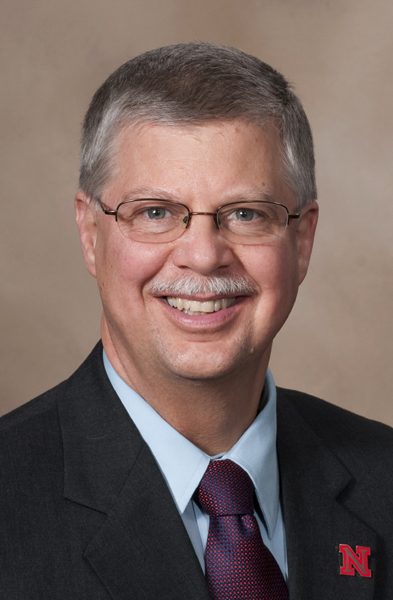
Michael Kocher
Associate Professor
Biological Systems Engineering
Most of the hops that are produced in the United States and the world are produced on large commercial operations. The drying of these plants is an important part of processing and harvesting hops. Most commercially-available drying equipment is very large and very expensive, leaving small scale producers without the equipment necessary to properly dry their harvest. Dr. Michael Kocher is part of a team that was tasked with developing small size dryers that would work for smaller start-up farmers with about 1-10 acres of land. He has worked with a Nebraska company wanting to market small scale dryers to farmers around the area starting to grow hops.
Hops are generally harvested from the field at about 80 percent moisture content, however, to prevent rapid spoiling they need to be dried down to about 8 percent. Hops dryers remove this excess water in a fairly short amount of time. Hops drying on a small scale, as Mike sees it, has three main issues. These issues include how much air to blow through the hops and how much pressure it will take to do that (both affecting fan selection), and at what temperature to set the dyer.
Through his research, Mike and his team were able to get those answers. He learned from scientific literature that a common maximum airspeed through the hops is about 1 foot per second. That airspeed, multiplied by the cross-sectional area of the dryer determines how many cubic feet per minute of air the fan has to move. Because pressure is also a factor in selecting fans for drying hops, Mike needed to know how much pressure the fan must develop in order to push the air through the hops to dry them. Unable to find the answers elsewhere, Mike, David Jones, and David Mabie developed their test apparatus and have two years of research results they hope to publish soon. The team is hoping to get their results in the ASABE standards so that the information is out there for anyone who is interested in working with hops drying. The last issue for the team to solve is the necessary dryer temperature.
Mike and his team have been looking at drying temperature and how it affects the aromatic oil content in the hops. They have hypothesized that the higher the air temperature, the more aromatic oils are driven off from the remaining hops. These aromatic oils are essential to hops in the flavoring of beer. Mike, in conjunction with his team, is testing several different temperatures on hops grown in two locations: Scottsbluff and the UNL campus. By testing the different drying temperatures, they are trying to maximize the amount of aromatic oils remaining with the hops.
Along with his current research, Mike also teaches several classes, some of which he’s been teaching for over ten years. This semester he is teaching AGEN 325 Power Systems Design and MSYM 433/833 Equipment and Tractor Testing. He really enjoys and gets rewarded by seeing students’ progress. Mike is also currently the chair of the Nebraska Tractor Test Board of Engineers. He has been working with Roger Hoy on a presentation they will give at the ASABE Distinguished Lecture Number 41 in February 2020. This presentation will be his first publication of 2020.
Article written by Emi Lesser